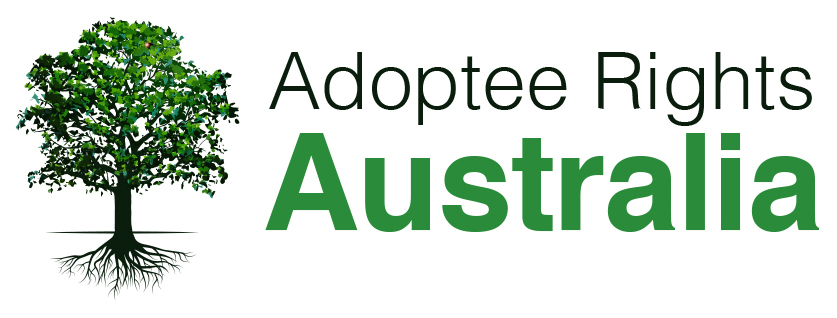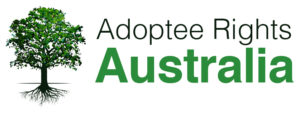Response to the Guardian article published today 7th August 2022: “My birth* mother was not allowed to name her baby. But the name she gave me in her heart is real”.
While it’s both welcome and surprising to see an adopted person speaking about the reality of adoption actually being published in the national media – and this article perfectly captures the pain of disconnection – adoption is nowhere near as ‘fixed’ as the article implies.
Integrated birth certificates make no difference to the effect of adoption legislation. Human and civil rights remain breached. Identities remain disintegrated.
Fact Check 1. “This document gives me the choice of using either the name from my first birth certificate, or the second one – whichever I prefer.”
Incorrect – Integrated birth certificates do not allow someone to use their real name instead of the adopted name. The adopted name is the legal name, and if they use their real name as if it was their legal name then they are breaking the law.
Fact Check 2. “Legislation once erased the original names and connections of forcibly adopted children**. But even with this now addressed, family remains complicated.”
Incorrect –
(1) Adoption legislation STILL erases the CONNECTIONS of ALL adopted children-then-adults and any future generations. Integrated birth certificates do nothing to address this.
and (2) Adoption legislation STILL erases the ORIGINAL NAMES of ALL adopted children-then-adults and any future generations. Even if an adopted person does not have their real name and ancestry withheld from them, it is still cancelled, declared invalid, not legal. Nothing has changed there.***
The integrated birth certificate is reliant on whatever information has already been RELEASED or is deemed available to the adoptee anyway.
Despite the proclamations and promises of the apologies 10 years ago, there has been no affirmative action that acknowledges our situation, and adoptees still have to jump through expensive and tortuous hoops to get their father’s names accepted on records, let alone their mother’s correct names, or even their own names – as the writer of the article described.
But even having these names written on an “integrated” birth certificate does nothing to restore the severed connections, or the rights of adoptees that have been removed by adoption legislation. It does nothing for the adopted people who want to use a true birth certificate as is the right of most others in our society.
“Integrated” birth certificates are a whitewash and a smokescreen – an attempt to obscure the fact that adoption is fundamentally flawed from the replacement identity up, and that the only way to truly fix adoption is to get rid of it all together.
– And why should a government certificate take what appears to be well over 9 MONTHS to be provided after being applied for? From an original application made in 2021? Adopted people are STILL suffering because their information is treated as exempt from the usual Privacy and Freedom of Information provisions others in society take for granted.
– The fact that Adoption Acts still contain a clause that would mean the author could be prosecuted because of this very article (with up to 12 months imprisonment and/or fine in NSW) for potentially identifying a “party” to adoption, show that there has been no real examination of how adoption law truly affects those who are forced to live subject to it.
* mother.
** over 95% of adoptees in Australia are adults. Please stop speaking of us as ‘adopted children’ and representing us as infants.
*** There are still only two jurisdictions in Australia where the adopted person has an automatic right at 18 to find out what their identity and ancestry was! (if they have been advised they are adopted! -There is no requirement in adoption legislation to advise the adoptee of their status!) AND even if they know they are adopted, no minor adoptees in Australia have the automatic right to their name, history, ancestry or any identity details while they are growing up – despite this being recognised as crucial to identity formation, and a recognised right of minors in foster care.
Sharyn White

